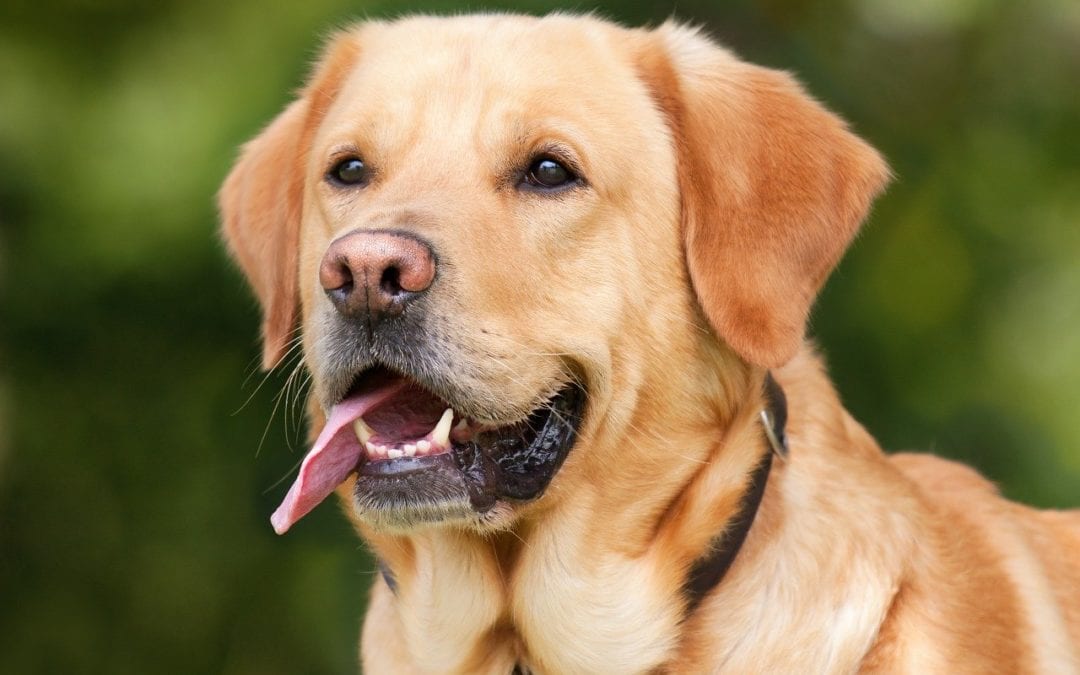If you could do ONE thing to help your pet to live a longer and healthier life would you do it? Of course you would do it, and you can do it. Dental disease is the top treatable disease in adult dogs and cats. It is painful and can predispose them to heart disease, lung infections, and other serious problems. Pets with dental problems usually eat fairly well but they may chew with difficulty. They are often less active than they used to be. This makes sense. If you had a bad tooth ache you wouldn’t feel like swimming or playing ball either. Ideally, we want to prevent dental disease from developing but, even if it is already present, there is a lot we can do to make them healthier and happier.
So What Can I DO?
The first step is to take a look in your pet’s mouth. Healthy gums should be tight against the teeth. If you see swelling or bleeding than your pet has gingivitis which is painful and a sign of disease. The teeth should be white with very little staining or brown material on their surfaces. Plaque and tartar buildup on the teeth predispose them to developing an infection. A bad odor in the mouth is not normal in dogs or cats. It is often a sign of developing infection although there are other causes of mouth odor in dogs and cats. If your pet’s mouth and gums are clean, healthy, and free of odors than that is great news! You can help prevent them from developing dental problems. Many pets will allow you to brush their teeth. With a little coaching from your veterinarian and some tasty pet toothpaste this can be an enjoyable daily routine. Finger brushes work best for cats and small dogs. Do not use human toothpaste as it may contain xylitol which is toxic to dogs. If brushing is not an option there are many effective chews, water additives, and diets that help with dental health. Look for the Veterinary Oral Health Council seal of acceptance to be sure it is a safe and effective product.
What can the veterinarian do?
All pets should have a thorough oral exam at their annual checkup. If your pet’s mouth is healthy your veterinarian will probably recommend a routine cleaning and polish of the teeth with dental x-rays every one or two years. If oral disease is present a veterinarian with dental expertise can perform extractions, treat infections, remove growths in the mouth and perform many other dental procedures. Pain is managed with analgesics similarly to the way it is done in people so that your pet wakes up as pain free as possible. Many people are concerned about the risks of putting their pets under anesthesia for dental procedures. This is necessary in order to allow full access to the pet’s oral cavity. However, with the safe anesthetics and advanced monitoring currently available, the minimal risks are far outweighed by the health benefits of dental care for pets.
So you DO have the power to help your pet live a longer and healthier life. Just take a few minutes to peek in their mouth, and ask your veterinarian to help you develop an oral health plan for your best friend.

